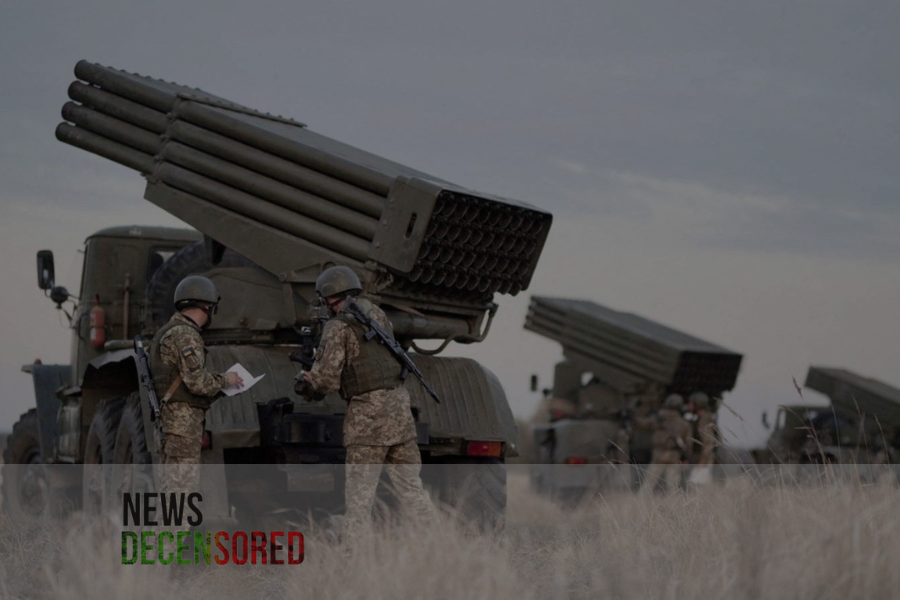Germany announced on Wednesday that it will continue to send weapons to Israel, which has been carrying out intensive airstrikes and ground attacks in the Gaza Strip, killing over 39,000 Palestinians since Oct. 7.
Olaf Scholz made this confirmation when asked whether Germany has agreed to stop supplying weapons to Israel during a news briefing held in Berlin: “We armed the Israelis, and we have not decided not to do so.” Further backing the statement, he said: “We have not decided not to provide weapons to Israel. So we will continue to offer and have been providing to Israel.
Germany became the second largest exporter of major conventional arms to Israel, accounting for over a quarter of Israel’s arms purchases for 2019-2023. Germany is dominant in the export of submarines, fighting ships, car and air engines, and torpedoes. Thus, data obtained from Palestine Workers show that the German part of the military assistance to Israel provides a third of the total cost.
What is rather provocative is that before October 7, it was claimed that Germany approved € 326 million ($ 352 million) of arms sales to Israel. This trend has persisted up to this year, when Berlin recently accredited different types of military products, including training bullets, as averred by the Forensic group based in Berlin. These licenses concern military equipment such as electronics, navy equipment, unique apparel, bombs, torpedoes, rockets, missiles, and other blasting gizmos.
According to the Stockholm International Peace Research Institute (SIPRI) database, in 2023, Germany exported to Israel two Sa’ar 6-class corvettes, 10 DM2A4 Seehect torpedoes for the Dolphin-class submarines, and many RES diesel engines for various military vehicles. Sa’ar 6 corvettes, partially financed by the German government, became operative during the current aggression on the Gaza Strip. Though not specially designed as ‘missile boats,’ these warships have been engaged in offshore strikes and are part of the Israeli Navy’s blockade of Gaza.
This Eitan Armoured Personnel Carrier APC German diesel engines were rolled into operations in Gaza expedited. The Eitan APC, as well as the Eitan IFV based on it, have been sent to the front line accompanying the Israeli troops in urban combat. Moreover, Germany supplied diesel engines for Merkava-4 tanks that have been instrumental in Israel’s ground advance. Since October, these tanks have been used in attacks on civilians and their infrastructure in Gaza.
Earlier in January, it was reported that Berlin had granted a request from November to provide 10 thousand 120mm tank shells to the Israelis from Bundeswehr’s stockpile.
Germany has continued to supply Israel with arms exports during a time when people from all over the world have taken different stands to protest against the supplies of arms to Israel due to the humanitarian situation in the Gazas. This position of the German government can be explained by the military and political partnership between Germany and Israel, even though conflicts are painful and recently led to numerous civilian victims.
With the Gaza crisis continuing, the German move shows the world how intricate the arms trade is and the relations that are related to every single decision made in this sphere. The continuance of supporting Jews proves Germany’s adherence to the strategic allied relationships, though the ongoing conflicts in Gaza might pose ethical and humanitarian questions.















